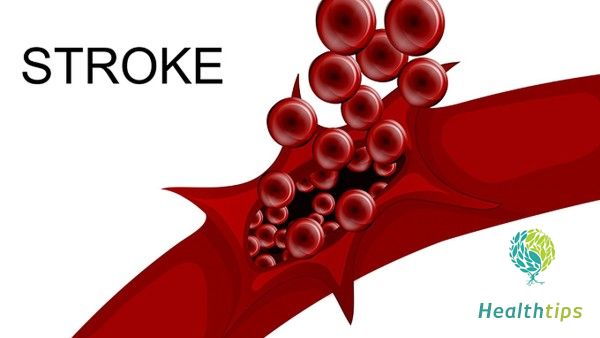Uremia belongs to acute kidney injury. Since the renal function of patients with uremia has severely declined, if they do not receive standardized treatment early, complications such as heart failure, infection, hyperkalemia, and others may gradually occur. Therefore, the main causes of uremia include primary causes, secondary causes, genetic causes, and other causes.

1. Primary causes: Some chronic kidney diseases, such as chronic glomerulonephritis and diabetic nephropathy, may gradually develop into uremia if the condition is not controlled in time. In addition, hypertensive renal arteriolar sclerosis, chronic pyelonephritis, and excessive use of sedative drugs, such as Dolantin, may cause varying degrees of kidney damage, leading to uremia.
2. Secondary causes: Common causes of uremia include poor blood pressure control or urinary tract obstruction, renal tubular reabsorption dysfunction. Some patients may experience secondary renal damage caused by diseases such as diabetes, hypertension, and infection, known as diabetic nephropathy. When diabetic nephropathy progresses to the terminal stage, uremia may occur.
3. Genetic causes: Patients with uremia usually have a family history of diseases such as polycystic kidney disease, hereditary nephritis, and scleroderma, which may lead to uremia.
4. Other causes: If patients take certain medications for a long time, such as aminoglycoside antibiotics, tetracycline antibiotics, or are exposed to toxic substances such as heavy metals and carbon monoxide for a long time, it may cause kidney damage, leading to uremia. It is recommended that patients with uremia manage their diet daily, limit protein intake, consume quality low-protein foods, and pay attention to low-salt diets. They should also control their water intake. If patients develop complications such as hypertension and hyperkalemia, they should seek medical treatment promptly and follow the doctor's instructions to use drugs such as hydrochlorothiazide and furosemide or undergo kidney transplantation.

